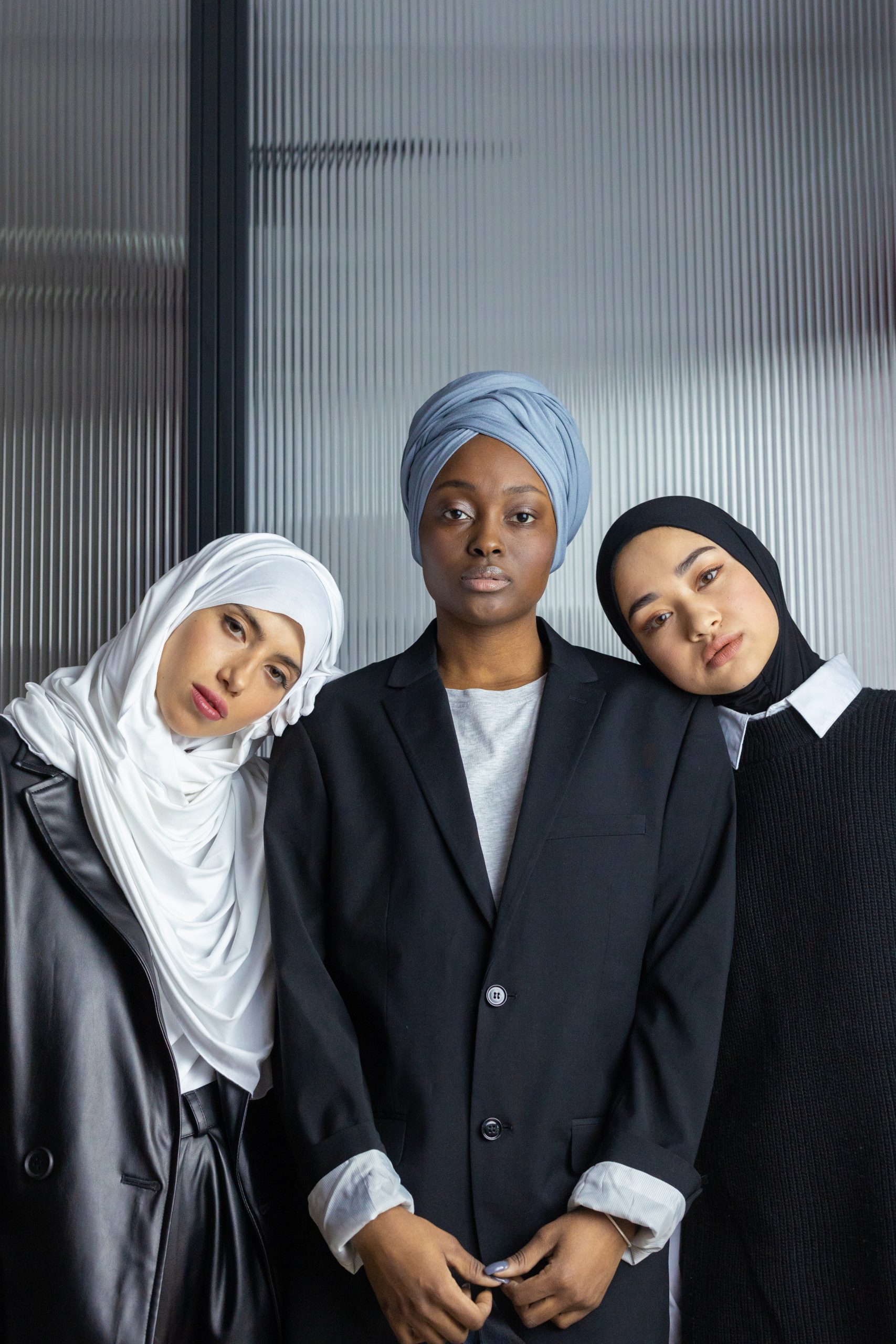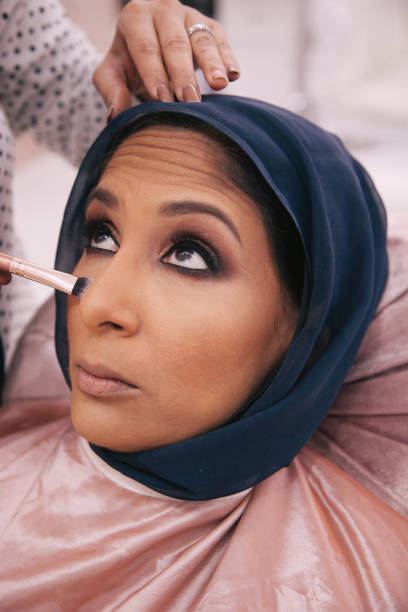…what about women from low-income families, who bear the brunt of disproportionate labor during celebrations? Shouldn’t they, too, be able to enjoy Eid without the weight of unpaid domestic work?


…what about women from low-income families, who bear the brunt of disproportionate labor during celebrations? Shouldn’t they, too, be able to enjoy Eid without the weight of unpaid domestic work?

In Northern Nigeria, the intersection of cultural misconceptions and Islamic teachings often creates a paradox. While Islam advocates for women’s rights and equality, the prevailing cultural practices often stifle these very principles, relegating women to roles that deny them their autonomy.

For what it’s worth, it’s important to discuss the sex scenes in ‘Bridgerton’ and analyse whether or not they are a representation of what good sex should look like. In this writer’s humble opinion, ‘Bridgerton’ sex is terrible and should never be a model or a “how-to” manual for sex. This is especially in relation to female orgasm because as women, we deserve better. Bad sex scenes are unfortunately common in a lot of TV shows and ‘Bridgerton’ is not an exception.

Belonging at the margins of society without any facilitation or channel, more visibly Muslim women are finding themselves at the receiving end of the growing Islamophobia and the perils of it. They feel unsafe both at the hands of the liberal who finds it a responsibility to rationalize them with modernity and to the far right-wing which views them as objects of fascination to be subjugated if they ever raise their voices.

I didn’t have a name for what I was going through. My trauma vocabulary didn’t include domestic violence, spiritual abuse, victim blaming, or power and control. But it sure was full of self-loathing and blaming, helplessness, and hopelessness. I had internalized every woman-hating khutba (sermon) that echoed outside of my apartment once a day, if not more, at the nearby mosques.

As the conversation about racism once again takes centre stage amongst Muslims on social media, acknowledging the existence of these issues rather than sweeping them under the carpet is the first step to tackling them. Imams, scholars and leaders of Muslim communities must be willing to be held accountable by showing a commitment to working through this beyond paying lip service, turning the tables around, playing the blame game and glossing over the pain of actual victims of racism.

In Muslim circles, it has been appalling to hear people assert that the concept of Mahr – which is a compulsory marital gift that a groom must give to a bride – makes women the object of a transactional marital relationship. In other words, the husband purchases the bride in exchange for sexual and domestic services as well as unconditional obedience to him. If this is not a deliberate distortion of the true spirit behind the Mahr to pander to misogynistic cultures, then I do not know what it is.

In 1947, the UN decided to divide Palestine into two separate states- one for Jews, “Israel” (55% of land) and one for Arab Palestinians, “Palestine” (45%) and claimed Jerusalem to be a neutral religious zone. Arabs were furious with this proposal because they were the majority but were to be controlled by a Jewish ruling body. They saw it as another attempt of colonialism by the West and a move to eliminate the Palestinian identity.

The current beauty game is not an individual-based problem. It’s a manifestation of a broader toxic dynamic. For someone as powerful as an influencer to state that concealing a perfectly normal feature of her face and/or body is empowering isn’t just a statement of personal empowerment, especially when their brand is catered to a specific audience which includes young women in their teens and early twenties. It no longer feels valid to hide under the umbrella of “personal choice” or claim ignorance when your contribution to toxic beauty standards hurt young Muslim women who cannot live up to these ideals.

Does men’s worship supersede that of women? And Is cooking a feast a substitute for prayers? How does a person who has spent a large part of their day doing chores have reserved energy for the actual purpose of Ramadhan?